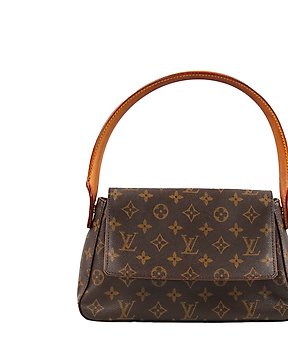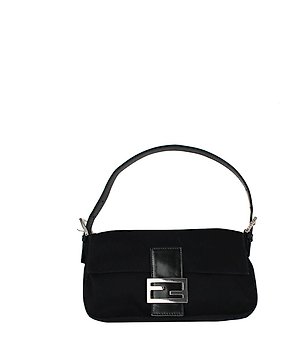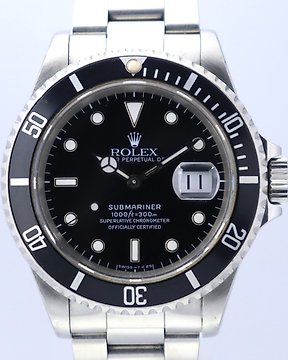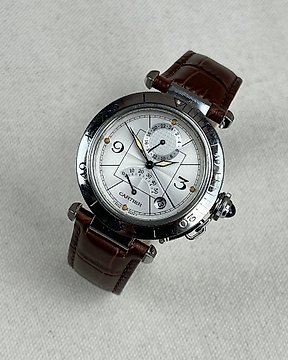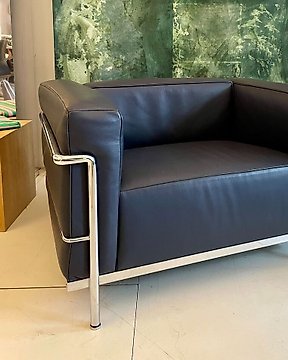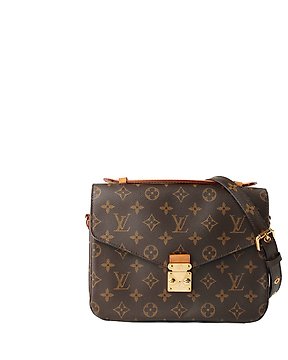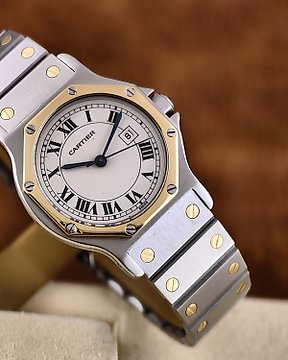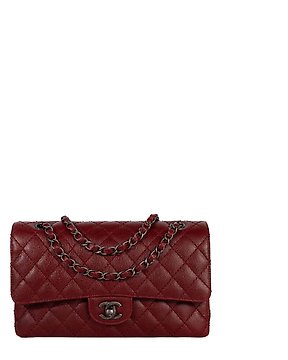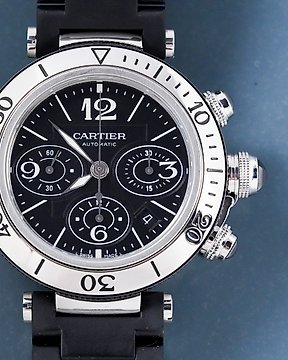Top
查看翻译秘鲁莫切 Terracotta 描绘情色场景的瓦科人物画。公元 300-600 年。高 21 厘米。西班牙港口许可证。
编号 85154581
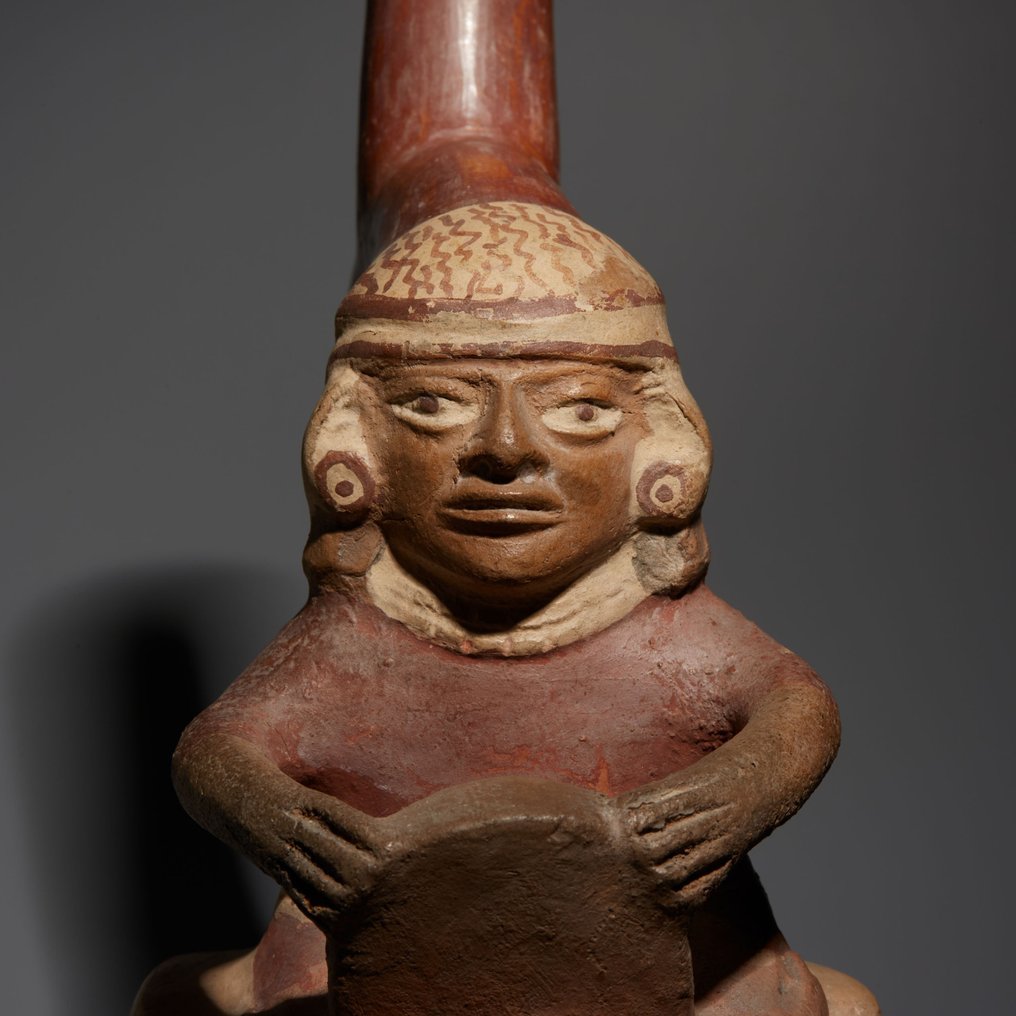
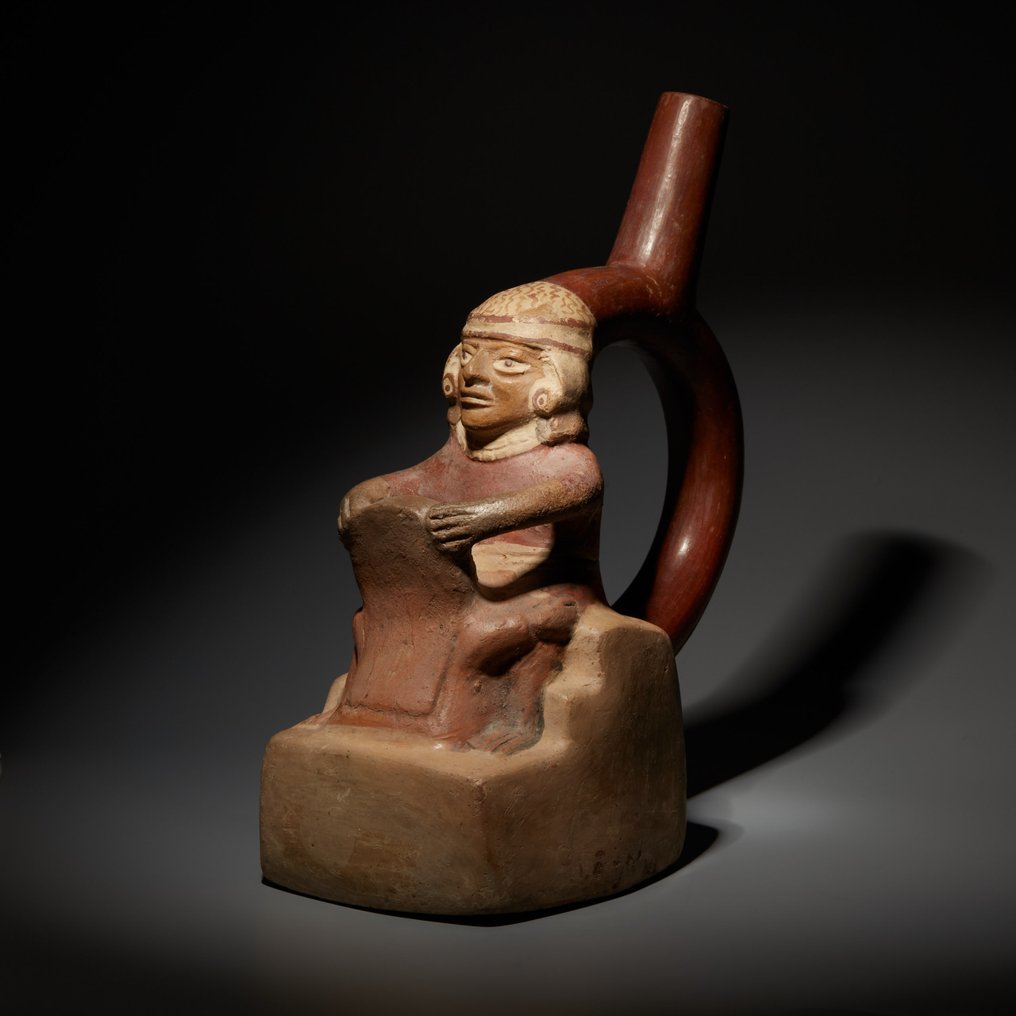
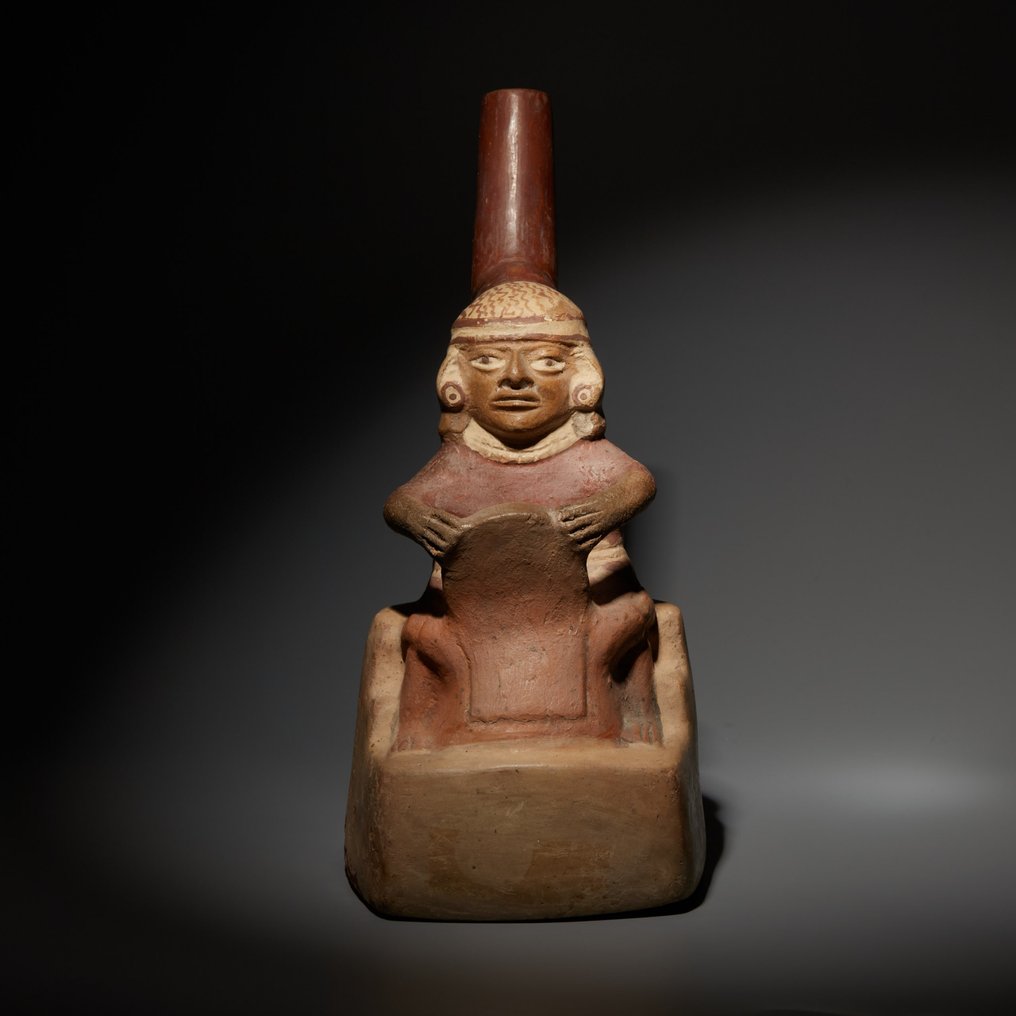
Figurative huaco with erotic scene.
CULTURE: Moche, Perú
PERIOD: 300-600 AD.
MATERIAL: Terracotta
DIMENSIONS: Height 21 cm
CONDITION: Good condition. It has slight wear on the right hand.
PROVENANCE:
- Kemper Collection, Switzerland. Donated to the "Museum of Islamic Art", Jerusalem, during the 1970s. Acquired by Yossef Maiman in 1991.
The Kepmer collection was created between the years 1940 and 1980. The items that were not donated to the "Museum of Islamic Art" were sold at Christie's Amsterdam on April 11, 1995.
DOCUMENTATION: Spanish Import license included.
DESCRIPTION:
The Moche culture inhabited the coast of present-day northern Peru, concentrating in the valleys of Lambayeque, Chicama, Moche and Virú. This desert region is crossed by several rivers that flow down into the Pacific Ocean, where marine resources are plentiful.
The Moche produced fine ceramic, textile and precious metal pieces. Their characteristic style can be seen in a wide range of goods such as fire-engraved gourds, wall murals, featherwork art, body painting and tattoos. Their ceramic decoration displays a level of skill that has rarely been surpassed, and included such techniques as incision, bas-relief with stamps, and painting on smooth surfaces. Many were made in state-run workshops that mass-produced pieces from molds. Their ceramics came in a variety of forms and decorative styles and displayed myths and ritual motifs as well. Notable among these earthenware forms were the so-called “portrait bottles”, bottles molded with the face of a well-known Moche figure. These highly detailed facial portraits reflect the Moche’s own use of face paint and/or tattoos, as well as elaborate headdresses. This portrait-making expertise can also be observed in everyday scenes and erotic representations, as well as in figures of individuals that were hunch backed, blind, or suffered from other disorders. They were skillful metalworkers, using gold, copper and silver to make ear ornaments, nose rings, bracelets, necklace beads, tweezers and a variety of tools. Especially notable is the tumi or ceremonial knife that was usually only carried by Moche officials.
Many of the motifs adorning early Moche ceramics were derived from the Recuay culture. These two peoples were certainly in contact, as all of the irrigation waters the Moche used in their valleys flowed down from Recuay territory. In the early years, the Moche also had contact with groups of the Salinar and Gallinazo cultures. It is very likely that the Moche disappeared when they were overtaken by the Wari Empire, but their civilization also suffered from long periods of flooding by the El Niño phenomenon, which would have destroyed their farming infrastructure and could have helped precipitate their collapse. The final stage of the Moche culture displays features that would later appear in the Chimú culture.
Notes:
The seller guarantees that he acquired this piece according to all national and international laws related to the ownership of cultural property. Provenance statement seen by Catawiki.
The seller will take care that any necessary permits, like an export license will be arranged, he will inform the buyer about the status of it if this takes more than a few days.
The piece includes authenticity certificate.
The piece includes Spanish Export License.
卖家故事
Figurative huaco with erotic scene.
CULTURE: Moche, Perú
PERIOD: 300-600 AD.
MATERIAL: Terracotta
DIMENSIONS: Height 21 cm
CONDITION: Good condition. It has slight wear on the right hand.
PROVENANCE:
- Kemper Collection, Switzerland. Donated to the "Museum of Islamic Art", Jerusalem, during the 1970s. Acquired by Yossef Maiman in 1991.
The Kepmer collection was created between the years 1940 and 1980. The items that were not donated to the "Museum of Islamic Art" were sold at Christie's Amsterdam on April 11, 1995.
DOCUMENTATION: Spanish Import license included.
DESCRIPTION:
The Moche culture inhabited the coast of present-day northern Peru, concentrating in the valleys of Lambayeque, Chicama, Moche and Virú. This desert region is crossed by several rivers that flow down into the Pacific Ocean, where marine resources are plentiful.
The Moche produced fine ceramic, textile and precious metal pieces. Their characteristic style can be seen in a wide range of goods such as fire-engraved gourds, wall murals, featherwork art, body painting and tattoos. Their ceramic decoration displays a level of skill that has rarely been surpassed, and included such techniques as incision, bas-relief with stamps, and painting on smooth surfaces. Many were made in state-run workshops that mass-produced pieces from molds. Their ceramics came in a variety of forms and decorative styles and displayed myths and ritual motifs as well. Notable among these earthenware forms were the so-called “portrait bottles”, bottles molded with the face of a well-known Moche figure. These highly detailed facial portraits reflect the Moche’s own use of face paint and/or tattoos, as well as elaborate headdresses. This portrait-making expertise can also be observed in everyday scenes and erotic representations, as well as in figures of individuals that were hunch backed, blind, or suffered from other disorders. They were skillful metalworkers, using gold, copper and silver to make ear ornaments, nose rings, bracelets, necklace beads, tweezers and a variety of tools. Especially notable is the tumi or ceremonial knife that was usually only carried by Moche officials.
Many of the motifs adorning early Moche ceramics were derived from the Recuay culture. These two peoples were certainly in contact, as all of the irrigation waters the Moche used in their valleys flowed down from Recuay territory. In the early years, the Moche also had contact with groups of the Salinar and Gallinazo cultures. It is very likely that the Moche disappeared when they were overtaken by the Wari Empire, but their civilization also suffered from long periods of flooding by the El Niño phenomenon, which would have destroyed their farming infrastructure and could have helped precipitate their collapse. The final stage of the Moche culture displays features that would later appear in the Chimú culture.
Notes:
The seller guarantees that he acquired this piece according to all national and international laws related to the ownership of cultural property. Provenance statement seen by Catawiki.
The seller will take care that any necessary permits, like an export license will be arranged, he will inform the buyer about the status of it if this takes more than a few days.
The piece includes authenticity certificate.
The piece includes Spanish Export License.
卖家故事
- 755
- 7
- 0
goede foto's, goede omschrijving, goed verpakt en snel verzonden.
查看翻译molto bello tutto ok
查看翻译Pezzo come da descrizione, davvero notevole. Venditore molto consigliato in quanto gentile e disponibile. spedizione molto veloce. Ottimo!
查看翻译Venditore davvero ottimo e gentile. Merce come da descrizione, spedizione veloce. Ottimo l'avere certificato di autenticità.
查看翻译Un 100 como empresa un 100 como envío . Empresa muy especial con mucha exquisitez en todos los productos y en personal . Muchas gracias
查看翻译All well! Thanks.
查看翻译Very nice and fine cut little jewel! Well packed too! Thanks!
查看翻译nice piece and very fast shipping!
查看翻译Es una maravilla de moneda, donde se le nota los pasos de los años y me encanta. Servido muy rápido y bien empaquetado. Con su certificación. Qué más se puede pedir?
查看翻译Snelle en correcte levering, alleen was de verpakking voor het schilderij niet stevig genoeg.
查看翻译Herzlichen Dank!
查看翻译All OK and with very fast shipping.
查看翻译Prachtig schilderij. Zo blij mee. Zeer nette verkoper en zeer snelle levering.
查看翻译perfect ! very fast and high quality delivery !
查看翻译All well! Thanks.
查看翻译Vendeur très professionnel, top +++×
查看翻译Photos trop contrastées pour bien percevoir les défauts, mais ces défauts étaient visibles pour autant. Le "Bon état" est trompeur. Sinon, envoi rapide et correctement emballé. Frais de port exagérés.
查看翻译Great communication, delivery and product. Came with a well made certificate of authenticity and good packaging. Overall very happy with the purchase! Delivery is a bit expensive, but I recommend it
查看翻译Magnifique témoin du passé, envoyé avec tous les justificatifs, impeccable. Encore une fois très satisfait, un grand merci
查看翻译Thank you for the Special offer and the fast shipping of this excellent piece of art!
查看翻译very good description of the object, very good price for this rare item,. Fast sending (has been at my place 2 days after buying!). Definitely would buy again.
查看翻译Sehr schön
查看翻译As described, perfect logistic
查看翻译great seller, everything came as should with certificate of authenticity
查看翻译免责声明
卖家保证并能证明该物品是合法获取的。 Catawiki 通知卖家,他们必须提供其居住国法律法规所要求的文件。 卖家保证并有权出售/出口此物品。 卖家将向买家提供有关该物品的所有已知的原产地信息。 卖家确保已经/将安排任何必要的许可。 卖家将立即通知买家有关获得此类许可可能产生的任何延误。
卖家保证并能证明该物品是合法获取的。 Catawiki 通知卖家,他们必须提供其居住国法律法规所要求的文件。 卖家保证并有权出售/出口此物品。 卖家将向买家提供有关该物品的所有已知的原产地信息。 卖家确保已经/将安排任何必要的许可。 卖家将立即通知买家有关获得此类许可可能产生的任何延误。
